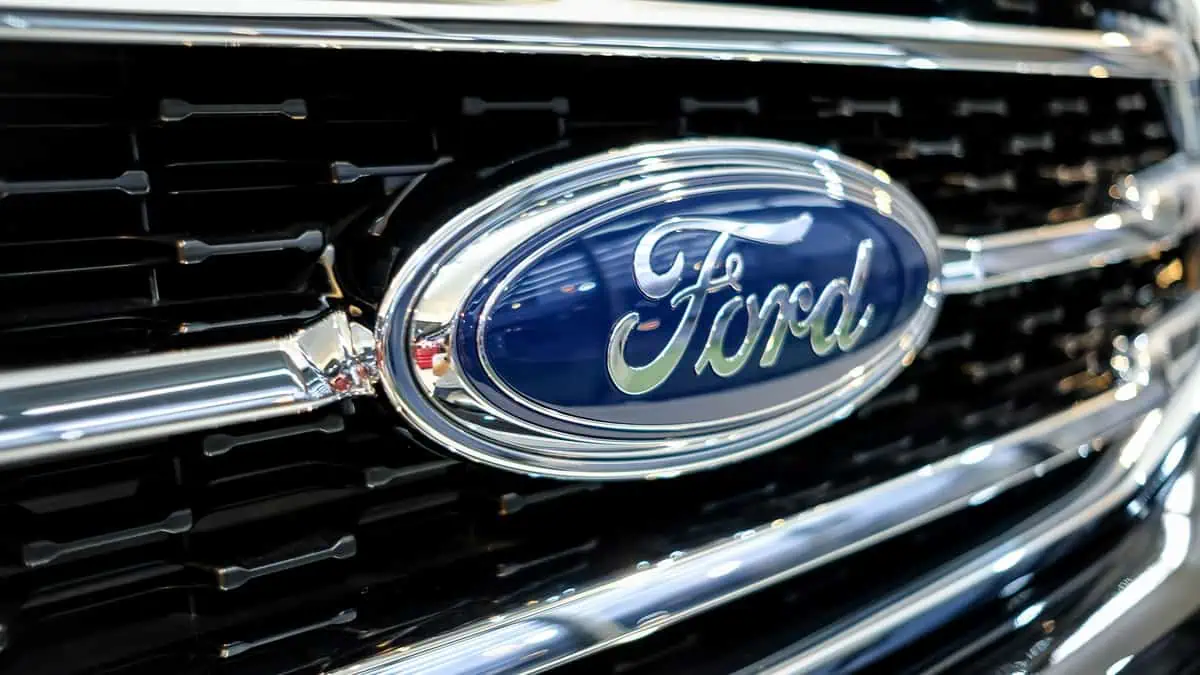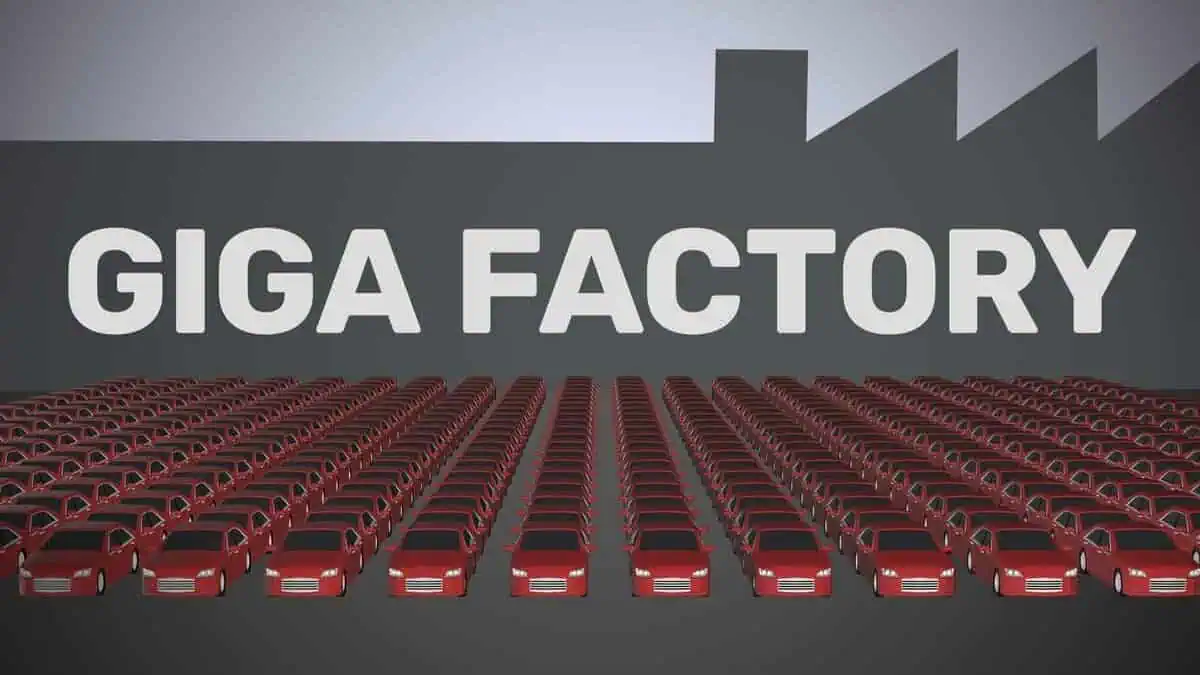US automaker Ford aims to license EV battery technology from Chinese battery giant CATL for its planned $3.5 billion factory in Michigan as part of its electrification push.
The agreement between the automaker and the world’s largest battery manufacturer comes as new US tax credits for EVs go into effect under the Inflation Reduction Act, a climate law passed in 2022.
Moreover, cars containing components from a “foreign entity of concern” — a reference to China, Russia, Iran, and North Korea — are not eligible for these tax breaks.
Licensing agreement varies with CATL
The licensing agreement with CATL varies from other latest deals between EV and battery companies. In comparison, General Motors, Stellantis, and Ford formed partnerships with South Korean manufacturers LG, SK, and Samsung.
“There’s a good probability that it probably would not have been a joint venture if it wasn’t a Chinese company. It’s likely CATL and Ford looked at the political landscape and decided this was the best solution to minimize any political blowback.”
Sam Abuelsamid, an analyst at Guidehouse Insights
The report stated the executives’ announcement that the EV battery production plant will be fully owned by a Ford subsidiary and employ 2,500 people when it opens in three years.
The Michigan-based automaker will use CATL’s formula to make lithium iron phosphate batteries. Notably, it is a cheaper option but has less energy-dense chemistry than today’s EV batteries containing nickel, cobalt, and manganese.
“A more affordable battery will drive higher EV adoption.”
Marin Gjaja, Ford’s chief customer officer
Mustang Mach-E and F-150 Lightning truck to use CATL battery
Ford and CATL agreed in 2022 that the Mustang Mach-E vehicle would use CATL batteries starting this year. The F-150 Lightning truck will follow it in 2024.
That said, both models will have access to the new lithium iron phosphate batteries.
Ford’s VP of EV industrialization, Lisa Drake, stated that the company had considered the prospect that China’s government would prohibit the licensing of technology outside of the country. She also stated that they had included contingencies in the contract with CATL.
Under the partnership, CATL employees will assist with the plant’s development, and some equipment will be shipped from China.
The good news is that Ford expects customers who purchase EVs with these batteries to initially be eligible for half of the $7,500 tax credit available for customer vehicle purchases.
However, the amount could rise to complete over time, depending on where the automaker obtains the battery minerals.
Ford has petitioned the US government since autumn to specify rules about to what degree EVs can include battery components produced by “a foreign entity of concern.”
Notably, the automaker also considered locations in Canada and Mexico but chose southwestern Michigan because of IRA provisions that encourage US manufacturing.
“The IRA was critical to us, and frankly, it did what it was intended to do.”
Ford’s VP of EV industrialization, Lisa Drake






